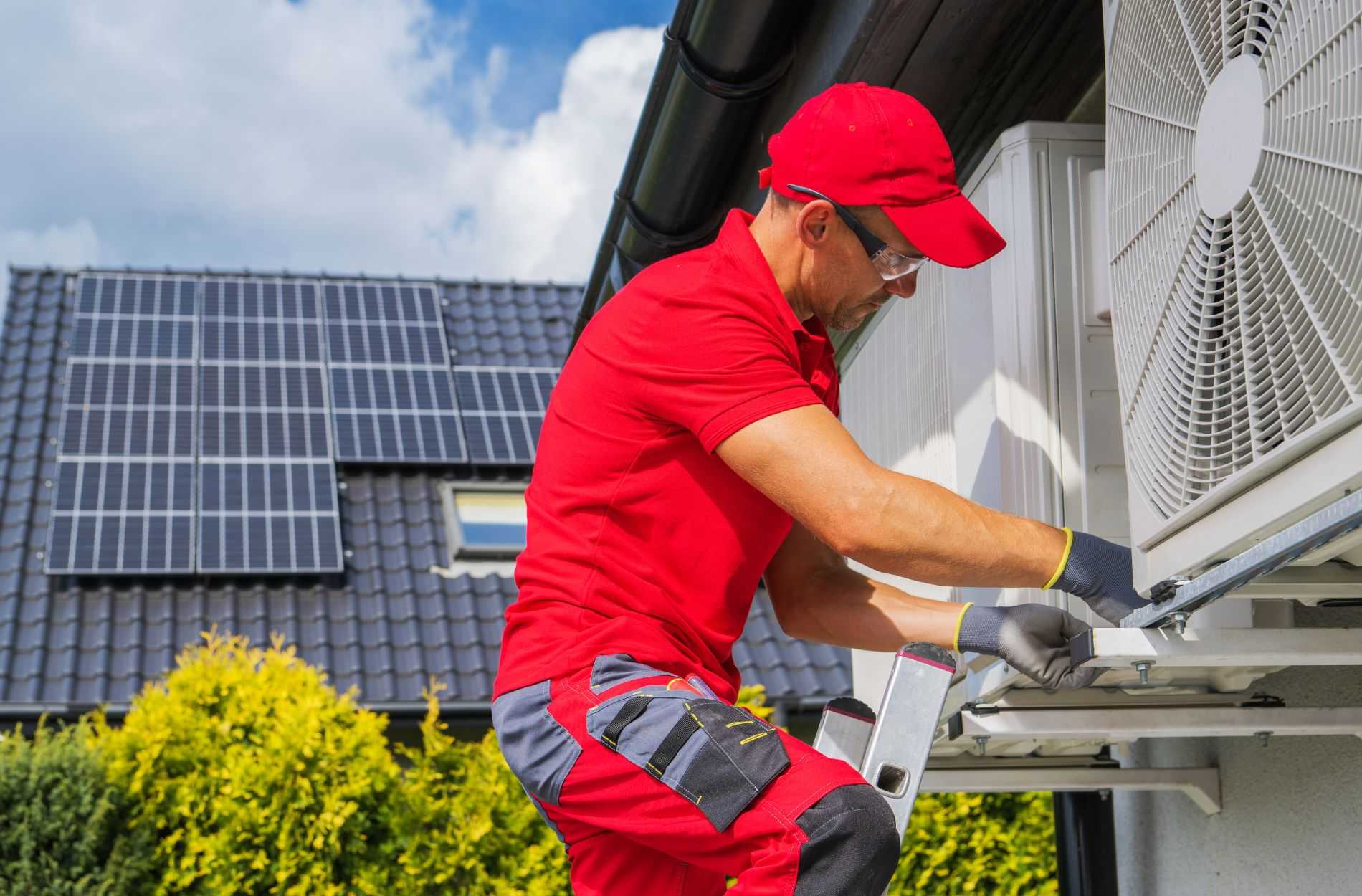As society becomes more conscious of energy consumption and its impact on the environment, the importance of incorporating energy-efficient products and practices into new construction projects continues to grow. One crucial aspect of achieving sustainable comfort in a residential or commercial space is the design and installation of an energy-efficient HVAC system. By investing in energy-saving technologies and best practices, property owners can significantly reduce energy consumption, operating costs, and their environmental footprint, while still maintaining a comfortable living or working environment.
Indeed, planning and installing energy-efficient heating and cooling systems from the very onset of a new construction project is vital to ensure optimal performance, comfort, and sustainability. However, achieving this ideal balance requires careful consideration of various elements, including system types and sizes, proper insulation, and ongoing maintenance practices.
Explore the HVAC best practices for energy efficiency in residential and commercial new construction, exploring how these innovative approaches can lead to sustainable comfort, lower utility bills, and an enhanced quality of life. Furthermore, our team of professionals can offer their expertise and support throughout every step of the process, ensuring that your new construction project meets the highest standards of energy-efficient foundation and lasts for years to come.
Choosing the Right Energy-Efficient HVAC System
Selecting the right energy-efficient heating and cooling system for your new construction project is vital to achieving optimal performance and sustainability. Some key factors to consider when choosing an HVAC system include:
1. Size and Capacity: Ensuring the HVAC system is correctly sized for your property is essential for energy efficiency. An undersized system will struggle to maintain adequate temperatures, while an oversized system may lead to short cycling and excessive energy consumption. Our professionals will conduct a detailed load calculation to determine the best HVAC system size and capacity for your needs.
2. Energy Efficiency Ratings: When selecting an HVAC system, consider the Seasonal Energy Efficiency Ratio (SEER) for air conditioners and the Annual Fuel Utilization Efficiency (AFUE) rating for furnaces. These ratings indicate the system’s energy efficiency, with higher numbers representing improved performance.
3. System Type: Choosing the right type of HVAC system is also crucial for energy efficiency. Options include traditional split systems, ductless mini-split systems, heat pumps, or geothermal systems. Each type has its advantages and energy-saving potentials, which our technicians can help you navigate.
Proper Insulation and Sealing for Energy Efficiency
One of the most overlooked aspects of energy-efficient HVAC system performance in new construction projects is the role of proper insulation and sealing. Some essential factors to consider in this regard include:
1. Insulation Materials: Properly insulating your new construction project is vital to maintaining a consistent indoor temperature and reducing the workload on your HVAC system. Good insulation materials include fiberglass, cellulose, and spray foam, which our technicians can recommend based on the project’s requirements.
2. Sealing Gaps and Leaks: Minimizing air leaks within your property ensures that the HVAC system doesn’t need to work harder to compensate for temperature fluctuations. Our professionals can help you identify and seal any gaps or leaks during the construction process, which will contribute to a more energy-efficient environment.
HVAC System Zoning for Enhanced Energy Efficiency
Implementing intelligent zoning strategies in your new construction project can optimize your HVAC system’s energy efficiency further. Zoning involves dividing the property into different areas controlled by individual thermostats, allowing you to maintain customized temperature settings in each zone. Some benefits of incorporating zoning systems into your new construction include:
1. Customized Temperature Control: Individual temperature settings allow for occupant-specific comfort, helping to prevent energy wastage in rarely used or unoccupied areas.
2. Reduced System Strain: By only heating or cooling specific zones when necessary, the overall strain on your HVAC system is reduced, leading to extended system lifespan and lower energy consumption.
3. Flexibility: Zoning systems offer flexibility for future property expansions or redesigns, as they can be easily adapted to new configurations.
Regular Maintenance for Lasting Energy Efficiency
A crucial aspect of maintaining a consistently energy-efficient HVAC system in your new construction project is regular maintenance. Some key maintenance practices that will ensure sustained energy efficiency in your HVAC system include:
1. Air Filter Replacement: Regularly replacing your HVAC system’s air filters helps to ensure efficient airflow and reduce the strain on the system, which ultimately results in lower energy consumption.
2. Ductwork Inspection and Cleaning: Periodic inspection and cleaning of your ductwork can help identify any leaks or obstructions that may hamper system efficiency. Our professionals can assist in detecting and addressing these issues to maintain superior performance.
3. Professional Maintenance: Scheduling professional maintenance for your HVAC system at recommended intervals helps identify any potential issues and ensures the system is always operating at maximum efficiency.
Conclusion:
Incorporating energy-efficient HVAC practices in your new construction project is a significant investment that yields long-term benefits in terms of sustainability and cost savings. By selecting the right energy-efficient HVAC system, optimizing insulation and sealing, implementing zoning strategies, and maintaining a consistent maintenance routine, you can create a comfortable and energy-conscious environment that will last for years to come.
At Carter Heating and Cooling, our professionals can guide you through each step of the process, from selecting the perfect energy-efficient HVAC system to providing dedicated support and HVAC repair in Bowling Green, KY on an ongoing basis. If you’re ready to explore the potential of energy efficiency in your new construction project, contact us today, and together, we will create the perfect balance of comfort and sustainability in your residential or commercial space!

